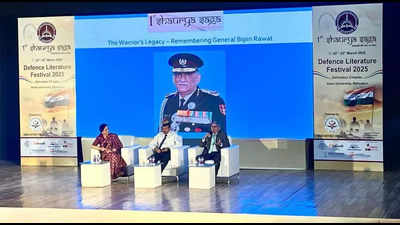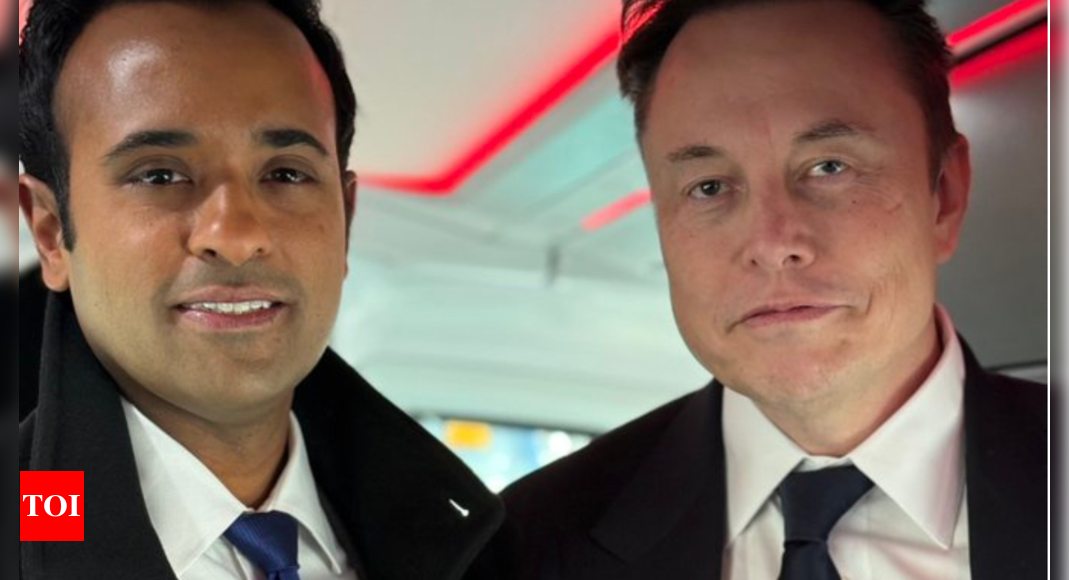DEHRADUN: The two-day Defence Literature Festival, Shaurya Saga, organised by city-based NGO, Thrive, concluded at Doon University on Sunday. During the first edition of the festival, eminent figures, including authors, retired defence officers, and dignitaries shared compelling stories of those in uniform, highlighting the presence of humanity even in war.
One such story was shared by prominent cardiologist Dr Kuldeep Dutta, who moderated a session. He recalled meeting an Indian Army Major during his medical training at a hospital. The Major had sought treatment for depression after the 1971 Indo-Pak war.
Narrating the incident, Dr Dutta said, “The Major, who fought in the 1971 war, was deeply troubled by a particular encounter. He captured a young Pakistani soldier who had gotten married just a week earlier. The soldier, in tears, pleaded for his life, showing a photo of his wife that he kept in his wallet and saying he didn’t want to die. Taken aback by the sudden turn of events, the Major, in a conundrum, told him that he couldn’t spare him but at the same time wanted to do so.”
He continued, “The Major then offered a solution—he said he would close his eyes for a few seconds, during which the soldier should run for his life. After opening them, he would fire. If the soldier died, it would be fate; if he survived, it would be God’s will. However, after closing his eyes, the Major didn’t open them for quite a long time to let the Pakistani soldier run to safety. He was so affected by the incident that he suffered from depression after the war, as he couldn’t forget it. It showed how humanity endures even in times of war.”
The event also included a session honouring India’s first Chief of Defence Staff (CDS), the late Gen Bipin Rawat, with his relatives and retired Army officers sharing stories from his childhood and military career.
Col Satyapal Parmar (retd), Gen Rawat’s uncle, described him as “immensely obedient, disciplined, and determined”. “He was also very down-to-earth, always respecting his elders. Even after becoming chief of the Indian Army, he never made us feel that he held such a high position. His dedication to duty led him to become India’s first CDS, leaving an indelible legacy for future generations,” he added.
Brig Shivendra Singh (retd), Gen Rawat’s cousin, shared how the late General inspired him and another cousin to join the Army in tribute to his father, who made the supreme sacrifice in the 1971 war. “He was just 13, and I was nine. Even then, he had such a strong sense of purpose, which led us to serve in the Army. His never-say-die attitude was evident in the Doklam standoff, sending a clear message that today’s India is not the India of 1962.”
Throughout the two-day event, speakers also discussed heroic tales of the 1971 war, advancements in defence technology, spirituality in military leadership, and other defence-related topics.
Organiser of the event and founder of NGO-Thirve, Ajit Pathania while terming the first edition of the festival a “success” said, “The sessions helped the audience delve into many unheard stories of valour and courage.”




